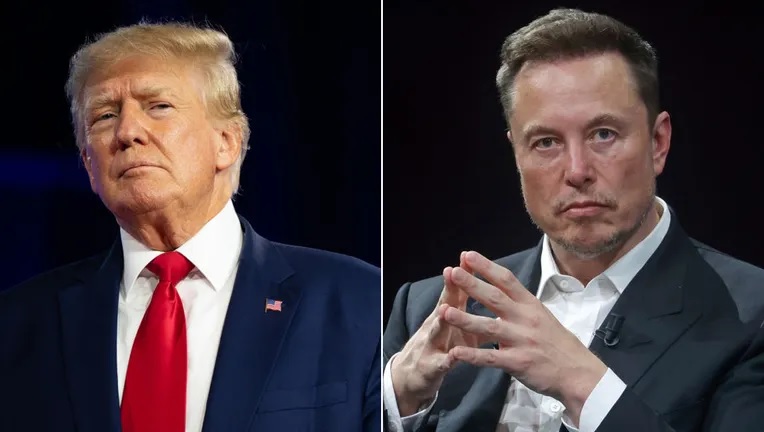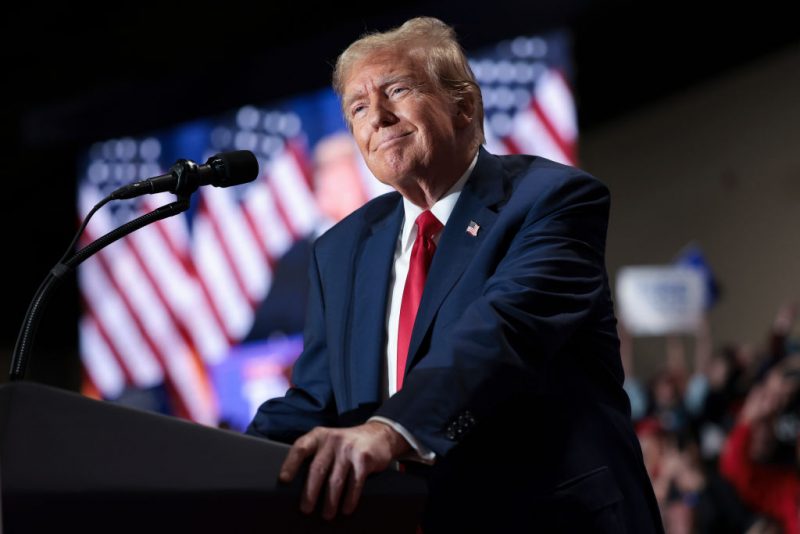House Budget Committee Chairman Jodey Arrington is rejecting Elon Musk’s recent claim that President Donald Trump’s proposed tax legislation is filled with “pork.”
Arrington, R-Texas, explained that the bill, advanced through the budget reconciliation process, cannot legally include the kind of discretionary spending typically labeled as “pork barrel.”
“Reconciliation does not have anything to do with discretionary spending – earmarks, and all of that,” Arrington said. “And quite frankly, the [Department of Government Efficiency] findings were, I think, almost entirely an issue for . . . annual appropriations.”
Discretionary spending refers to funds allocated annually through Congress’s appropriations process, which is separate from reconciliation. That process has historically been associated with funding lawmakers’ specific pet projects.
In contrast, Arrington noted, reconciliation focuses on “mandatory spending” — programs such as entitlements, welfare, health care, and changes to the tax code.
“We’re dealing with mandatory spending programs – entitlements, health care, welfare and the tax code,” he said. “We did a responsible bill. There’s no pork in it. The question, I think, for some folks and the objective of mine and my budget committee members was, whatever we’re doing on tax or security to unleash growth and to buy greater security for the American people, we wanted it to be done in a fiscally responsible way.”
Senior White House adviser Stephen Miller also weighed in, writing on X: “The reconciliation bill cuts taxes, seals the border and reforms welfare. It is not a spending bill. There is no ‘pork.’ It is the campaign agenda codified.”
The House-passed bill aims to extend the 2017 Tax Cuts and Jobs Act (TCJA), eliminate taxes on tips and overtime pay, and authorize new funding for border security and Immigration and Customs Enforcement (ICE). These priorities are expected to cost billions, offset in part by stricter work requirements for Medicaid and food stamps, and by transferring more of those costs to state governments.
Republicans also included provisions to reverse green energy tax credits from President Biden’s Inflation Reduction Act.
Despite these efforts, fiscal conservatives like Musk argue the bill doesn’t go far enough. Their main concerns include insufficient spending cuts and a significant increase to the national debt, which is nearing $37 trillion.
Musk called for eliminating the tax cuts and removing the debt limit increase provision. He reposted another X user who said, “Drop the tax cuts, cut some pork, get the bill through,” and expressed support for Sen. Rand Paul’s efforts to remove the debt limit language entirely.
According to the nonpartisan Congressional Budget Office (CBO), the bill would reduce taxes by $3.7 trillion but increase the federal deficit by $2.4 trillion over ten years.
 Telegram is where we really talk. Don't miss out!
Telegram is where we really talk. Don't miss out!









